By Michiko Sell, Supervisor NERC CIP Services
I recently read this quote by Sufi poet Rumi who wrote, Life is “your road and yours alone. Others may walk it with you, but no one can walk it for you.” And I thought this applies to so many aspects of our daily lives and other elements such as our approach to Cyber Security.
Everyone has an opinion on how to address Cyber Security. Another quote I use often is “Only you can prevent forest fires” said by some Smokey the Bear character. Well it’s true. Ultimately, only you can control your road to Cyber Security. Everyone is looking for the “easy button” or for someone to do Cyber Security for them. There are some great service providers that can assist with navigating the road to Cyber Security. But it does take some actions by each of us to make the journey a little smoother.
Some basic actions that individuals can do now are covered in the National Cyber Security Alliance’s website for National Cyber Security Awareness month (October):
- Make a long, unique pass phrase. Make it at least 12 characters long. (E.g. IhateMondays!)
- Use 2-factor authentication or multi-factor authentication (like biometrics, security keys, or a one-time code)
- Don’t trust links that you weren’t expecting in emails, messages, tweets, etc.
- Keep a clean machine by keeping software updated and patched. This applies to anything connected to the internet such as PCs, smart phones, and tablets.
- Perform regular back-ups. Keep at least three (3) copies of your data, and store two (2) backup copies on different storage media, with one (1) of them located offsite. (3,2,1)
- Own your online presence by configuring your privacy and security settings for information sharing on all your accounts. Check these settings at least once a year to ensure they are still configured as intended.
- Share with care. Really think about what you share about yourself and your family online. Online profiles often time contain too much information that can be used to harvest credentials elsewhere.
- Be careful when using Wi-Fi hotspots. Data transferred when using these non-secure connections allow others to see what you are doing on your laptop or smartphone while connected. Avoid logging onto accounts like email and anything financial. Consider using a virtual private network (VPN) or a personal mobile hotspot for a more secure connection.
Remember that Cyber Security doesn’t happen to you, it happens because of you. Stay safe out there!











